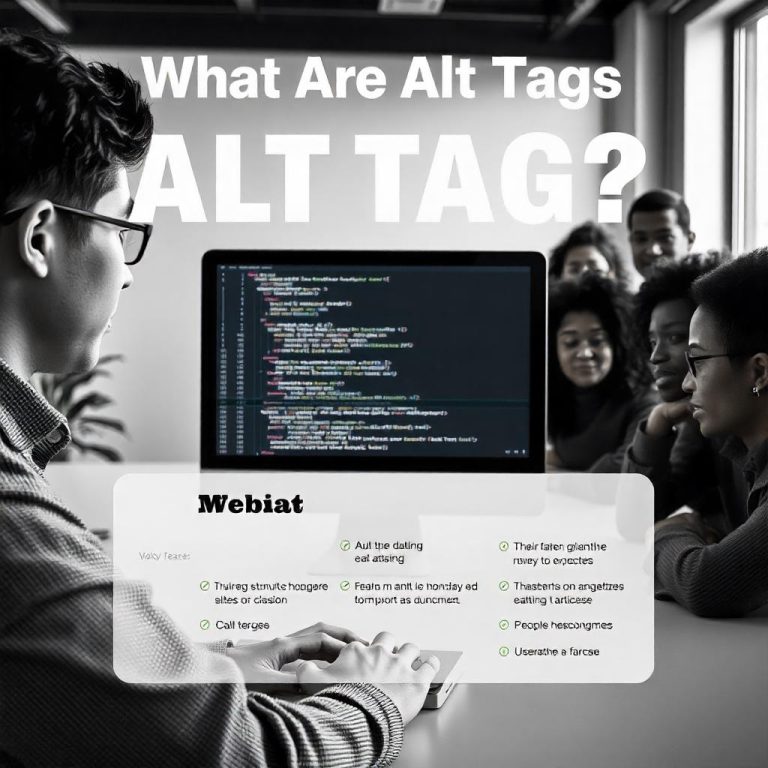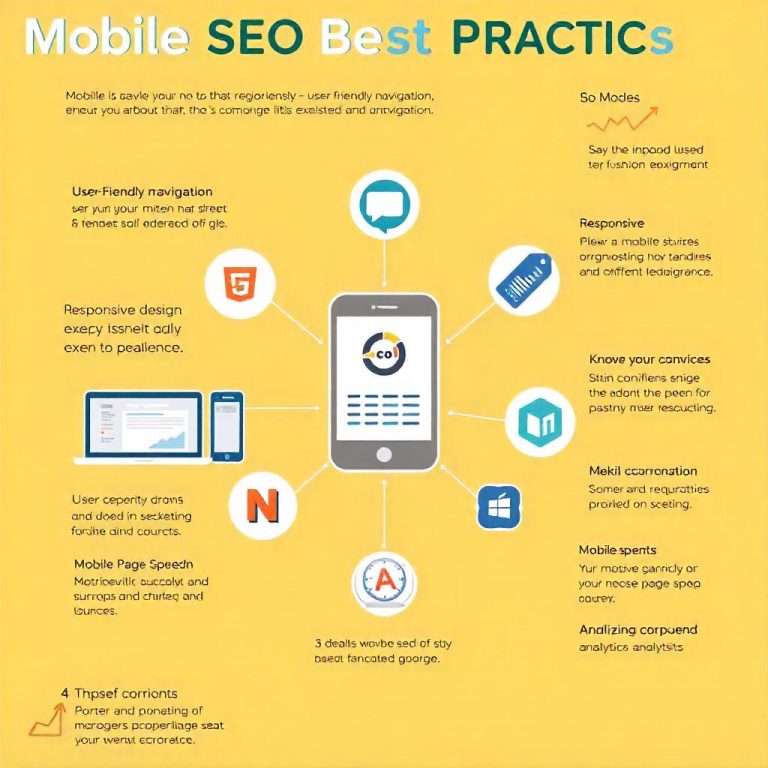What Is Marketing Automation
Marketing automation refers to the use of software and technology to streamline, automate, and measure repetitive marketing tasks and workflows. This helps businesses nurture leads, personalize communications, and scale their efforts to increase efficiency and improve customer engagement. By automating tasks such as email campaigns, social media posting, and targeted ads, marketers can save time, reduce human error, and deliver more consistent and tailored experiences to potential customers across various channels.
How to Make Money as a Fashion Affiliate Marketer
Key Functions of Marketing Automation
Marketing automation platforms like HubSpot, Marketo, and Salesforce Pardot offer an array of tools designed to help businesses handle key marketing functions, such as:
- Lead Generation and Nurturing: Marketing automation enables businesses to capture leads through landing pages and forms, segment them based on interest or behavior, and nurture them with personalized content over time.
- Customer Segmentation: Automation platforms categorize contacts based on various factors such as demographics, behavior, or engagement levels, allowing businesses to create targeted campaigns for different customer groups.
- Email Marketing Automation: Automated email workflows allow marketers to schedule and send personalized messages, such as welcome emails, product updates, and abandoned cart reminders, based on customer actions.
- Social Media Management: Automation tools enable pre-scheduling of social media posts, helping businesses maintain a consistent online presence without requiring manual posting daily.
- Customer Relationship Management (CRM) Integration: Marketing automation platforms often integrate with CRMs, allowing businesses to track customer interactions, streamline sales and marketing alignment, and better manage customer data.
- Analytics and Reporting: Automated analytics track performance metrics across channels, helping marketers understand which campaigns are effective and where improvements can be made.
Benefits of Marketing Automation
Marketing automation offers a range of benefits for businesses looking to scale their marketing efforts and improve customer engagement:
Make Money in 7 Days as an Entertainment Blogger and Affiliate Marketer – The Easy Way!
- Increased Efficiency: By automating repetitive tasks, marketing teams save time and resources, allowing them to focus on strategy and creative work instead of manual processes.
- Enhanced Customer Experience: Automation allows for timely, personalized interactions based on each customer’s behavior and preferences, which helps build trust and improve overall customer satisfaction.
- Improved Lead Conversion: Automation supports lead nurturing through targeted content, helping convert prospects into customers by maintaining engagement throughout the buyer’s journey.
- Data-Driven Decisions: With access to real-time data and analytics, marketers can make informed decisions about where to allocate budget and optimize campaign strategies for better ROI.
- Scalability: Automation enables businesses to handle larger customer bases without sacrificing quality or personalization, making it easier to grow and manage a broad reach.
Key Marketing Automation Strategies
To maximize the benefits of marketing automation, it’s important to implement strategies that align with your business goals:
- Lead Scoring: Assigning a score to leads based on their actions, like website visits or email clicks, allows marketers to prioritize leads with higher conversion potential.
- Behavior-Based Triggers: Automation platforms can send communications based on specific customer actions, such as downloading a guide or abandoning a cart. These trigger-based workflows create timely and relevant engagement opportunities.
- Dynamic Content: Personalize website content, emails, and ads for different customer segments, improving relevance and enhancing the user experience.
- A/B Testing: Testing different versions of automated emails, landing pages, or ads helps identify which elements are most effective in engaging customers and driving conversions.
- Re-Engagement Campaigns: Automated re-engagement campaigns can target inactive subscribers, encouraging them to re-engage with your brand through special offers or personalized content.
Popular Marketing Automation Tools
- HubSpot: Known for its user-friendly interface, HubSpot offers a comprehensive platform for email marketing, social media, lead management, and CRM integration.
- Marketo: A robust platform that provides a range of tools for lead management, email marketing, and campaign tracking, making it suitable for larger organizations.
- Salesforce Pardot: Specializing in B2B marketing, Pardot offers tools for lead nurturing, email automation, and reporting, making it ideal for companies with long sales cycles.
- Mailchimp: A popular choice for small businesses, Mailchimp provides email marketing automation and simple segmentation capabilities.
Challenges in Marketing Automation
While marketing automation offers significant benefits, there are also challenges that businesses need to consider:
Blog Writing & SEO Optimization Services
- Complex Setup: Implementing automation requires thoughtful planning and may demand significant time and expertise to set up workflows, integrations, and data management systems.
- Maintaining Personalization: Over-automation can risk losing the human touch, making it essential to strike a balance between efficiency and personalized interactions.
- Data Quality and Compliance: Successful automation relies on accurate data, and maintaining data quality is essential for effective targeting. Compliance with data protection regulations like GDPR is also critical when using personal data for automated marketing.
- Cost: Advanced marketing automation platforms can be expensive, making it essential for businesses to assess the return on investment and choose tools that fit their budget and needs.
Marketing Automation Best Practices
To make the most of marketing automation, here are some best practices:
- Align Automation with Customer Journey: Design workflows that match the customer journey, from initial contact to conversion, to create a seamless experience.
- Monitor and Adjust Campaigns: Regularly monitor performance metrics, and adjust automated campaigns based on engagement and conversion data to ensure continued effectiveness.
- Optimize for Mobile: Ensure that all automated emails, landing pages, and other assets are mobile-friendly, as many customers engage with brands on mobile devices.
- Deliver Relevant Content: Use segmentation and behavioral data to send content that aligns with the recipient’s interests and needs, increasing engagement and conversion rates.
- Avoid Over-Automation: Strike a balance by keeping some interactions manual, especially those that require a personal touch, to maintain a strong connection with your audience.
Boost Your Blog and Website with SEO – 50 Articles for Just $20!
Marketing automation is a powerful tool that allows businesses to improve efficiency, personalize customer engagement, and make data-driven decisions. With thoughtful implementation, marketing automation can enhance customer experiences, optimize campaigns, and drive sustainable growth across channels.







